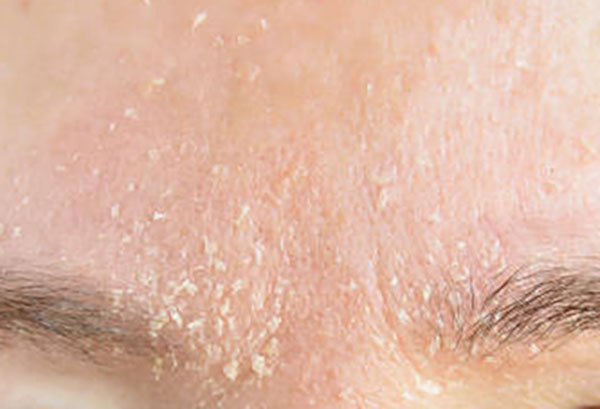
Looking at my existing dry skin, questions and thought about dry skin causes and solutions come through.
So what causes dry skin and what can we do about it. Digging into this topic, interesting information shows itself. There are many things that cause dry skin from ageing to genetic or climate, stress and diet are some of the reasons for dry skin. Fortunately with our level of information and technology managing and retain skin health, and fighting back against dry skin, can be as easy as putting the right moisture, serum, diet, habits and protective activity or lifestyle changes to help combat this problem.
Dry Skin
We all have dry skin at some point of our lives, either by your hand through overwashing hand or feet through neglect or because of skin illness. Whatever it is it good to have an understanding of dry skin to combat this problem for our ourselves, our natural beauty. When we take back our control through understanding, the solution is not far away.
In investigating and understand dry skin we need to identify what constitutes as dry skin. Then investigate the different causes of dry skin. This is important to apply the appropriate solution to each of the problems. Dry skin can be a result of a combination of the causes. So read it with your individual situation in mind.
So how do you know your skin is dry?
Firstly, do you have dry skin? Most of us have dry skin somewhere. It can have dry skin on your hand, feet, face, elbow, it can be in patches on your body or face or it is just your skin type.
In case you may not know if your skin is dry or not here are some of the characteristic of dry skin. You have dry skin when:
- your skin feels tight and brittle lacking elasticity
- your skin texture feels rough
- your skin is chapping and prone to cracking
- your complexion looks blotchy and dull
- your skin scaling flaking and itchiness may occur
- you have barely visible pores
- you have enhanced fine line and wrinkles
- your skin is prone to redness, irritation and infection
Skin layer
Let step back a little, to really under to the bottom of dry skin causes and solutions. We need to understand our skin brief structure to understand why dry skin occurs.
Our skin has three main later the epidermis, Dermis (corium) and Hypodermis (subcutis). With dry skin, the main problem area where dry skin appears effected is in the epidermis layer.
The Epidermis is the outer layer of the skin. It is the physical appearance of your skin, that is from the pore size to skin type and colour of your skin. Most importantly is our protective layer preventing the outside element from our inside, protecting us from a virus, bacteria, water, chemical and parasite infections.
The epidermis has 5 main layers, the stratum corneum (horny layer), stratum lucidum(Clear layer only found on palm or sole of your body), stratum granulosum(Granular layer), the stratum spinosum(Prickle layer) and stratum basale(basal layer – home to stem cell. Where Renewal or duplication of cell happen) (see demonstration below)
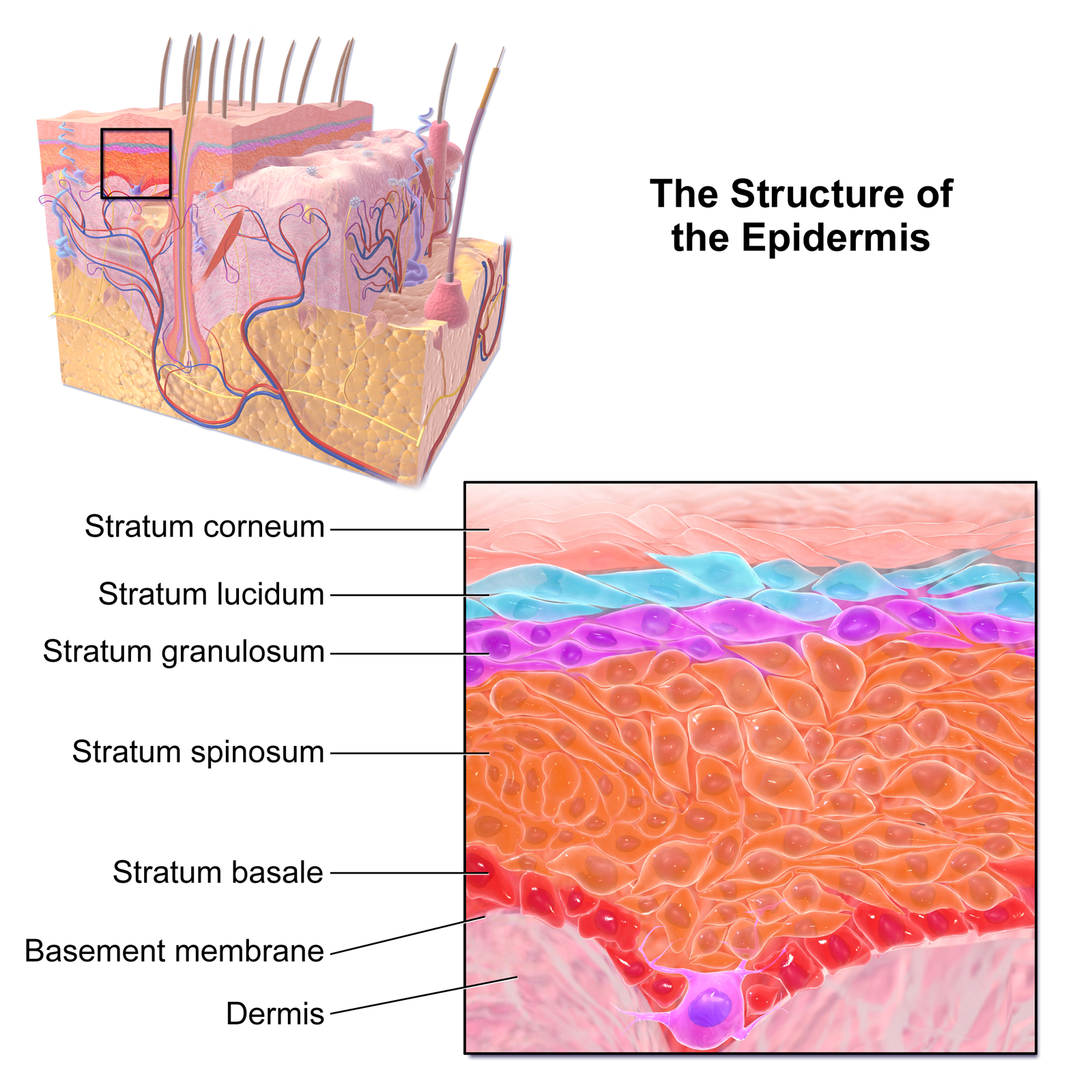
The Horny layer or the stratum corneum is the outmost layer containing dead flatten cell usually 15-30 layer thick. It is the front line protective defence layer of skin. Its’ control the movement or loss of water and electrolyte. Home to pores and an opening of the sebaceous gland and where sebum(mixture of lipid) release.
The dead cells are held together by lipids in the Horney layer. Lipids are made up of fatty acid, a wax ester, squalene, cholesterol and ester. These hold the cells together and provides a protective barrier for the skin and most importantly the key to skin moisture or dehydration. The Horney layer is where you can see if your skin is dry or oily or sensitive, etc. Where dry skin is visible and our skin first line of defence.
The Horney layer where some of the cosmetic procedure like microdermabrasion; where the removal of dry upper skin is removed to helps the skin looks youthful and fresh. And where we apply a topical solution for our skin issue.
Cause of dry skin
There are many causes of dry skin from genetic, to diet, soap used, medication, our environment and other external factors that cause dry skin.
Genetic dry skin
Lipids or the sebum are made of fatty acid, wax esters, cholesterol and squalene (on the Horney layer). The most important of these is the fatty acid as our skin composes of more than half of this oil. Our skin is predominately compiled of Oleic acid and linoleic acid. Oleic acid is omega-9 (monounsaturated fatty acid), and linoleic acid can be omega 6 and 3. Omega-9 (oleic acid)is essential for dry skin as this acid is the main protector and barrier for the skin to keep it from losing hydration.
This fatty acid is naturally produced by our body operational process. Hence it not necessary for us to consume this fatty acid. Oleic acid is greasier and thick in nature. Linoleic acid is described as more light, absorb quickly and running in nature. It loosens oleic acid, giving moments to the lipids and cells.
The ratio between the oleic and linoleic acid is essential in determining your skin type. Naturally, dry skin person would have a less oleic acid ratio to linoleic acid. Hence the barrier is not thick enough to prevent water loss or protect the skin sufficiently.
As everyone has different excretion level of sebum and different lipid composition. Hence those with dry skin may have a lower level of sebum excretion or the omega-9 or oleic acid output is lower than those of normal or oily skin(your genetic). Hence this genetic coding causes dry skin.
Ageing skin
On the other hand, ageing can be a significant factor in dry skin. As the skin age compound or element that was once abundance has depleted over time like collagen, elasticity and water (hyaluronic acid). Hyaluronic acid allows the skin to hold water hence making the skin look full and plump. Furthermore, as skin age, its ability to produce sebum or even sweat slow down.
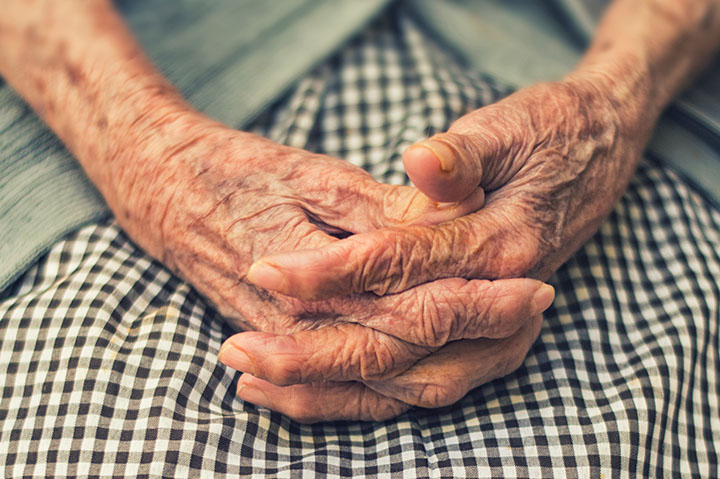
When collagen, or elasticity or hyaluronic acid deplete, your skin will lose its lustre. Let break this down for our understanding. If oils or fat from our skin gives us protection, a sealed, that is it prevents water from passing through to the air, despite its ability to give us shine or glow in appearance. Image the loss of this, there is no shine on our skin and water is consistently loss-making our skin dull, flaky very dry and even prone to infection as the protective layer is non-existence.
On the other hand when collagen and elasticity is loss our skin sag creating lines on our face. Your face will look dry just because crest and line are forms.
On the other hand, the loss of water on your skin can be just as critical as oils, elasticity and collagen. When there is not enough water, the skin will definitely become dry. Like the desert crack, flakiness and irritation.
Any form of moisture loss that is water or oil on your skin will cause your skin to be dry and even flaky.
Environment
Our environment the climate can affect your skin condition. When a normal skin type steps into a cold and dry environment your skin will become dry too. Same as when normal skin walk to a humid and hot environment skin becomes oily.
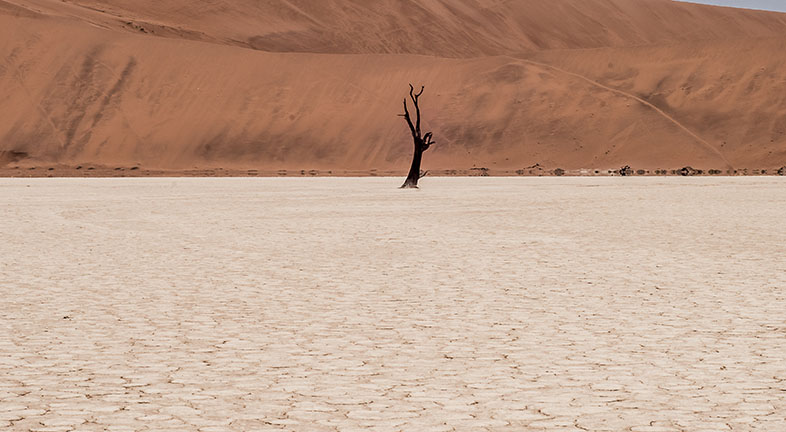
When the environment is cold or dry or has low humidity, the skin will become dry this is because water is drawn from your body or skin to the air, compensating for the low moisture in the air. This would be especially true when your skin barrier is not sufficient. Skin will become drier, normal skin will be affected as well and will look dry in these climates.
The use of heater aircon will dry your skin. As we all know heat dry water or vaporise water from the cell of the stratum corneum layer into the atmosphere, look at how a wet pan dry on a stove. This idea applies to our skin. Hence using heat like aircon, heater, long hot shower or bath will encourage skin moisture loss. Exposing yourself to too much heat for a long time it not a good idea as it dries out your skin.
Diet
Diet is important as it can unbalance the natural balance of your body. Too much of something in the case, e.g. omega-6 or 3 food and your body is not producing enough omega-9 causes skin to dry skin because the ratio of oils type is out of balance. Too much of linoleic acid making the skin to liquidity, thin sebum out. Skin becomes more transparent in that the oil protective lay has thin out and gaps open up for water to move out, causing your skin to dry out.
If you have ageing skin, and not producing enough fatty acid or hyaluronic acid (holding water). It is good a good idea to help your body get the right fatty acid to substitute it lack in the fatty acid and prevent water loss on your skin. You can also eat food that encourages your skin to boost its product in collagen, elasticity and hyaluronic acid.
Food is an excellent way to help slow down the ageing process as it can prevent UV destruction, free radical from attaching your cells hence ageing your and your skin. It is also a good way for the destruction of your body and skin if the incorrect foods are eaten.
Harsh Soap
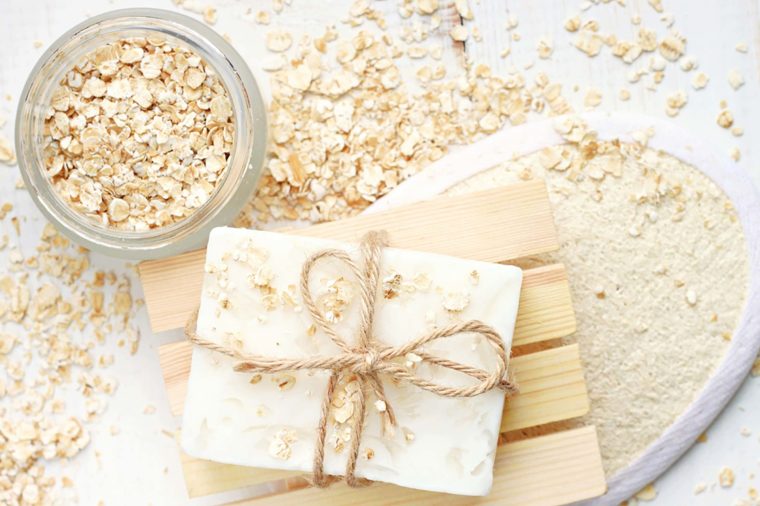
Harsh soap can cause dry skin. Soap can strip out all or most of our skin natural oil. With this layer of protection weaken, dry skin is evident, especially in winter having a hot shower. The hot water would encourage more water loss from the skin with the oils strip skin. It can get irritated and dry your skin due to its lack of skin protection weaken.
Medication
Medication can dry your skin out by reducing the water level on your skin like Retinoid or Retin-A, cholesterol medication like pravastatin and simvastatin, hydrochlorothiazide or furosemide, and Accutane (acne medication).
Even retinoid is known to dry the skin out even though it is considered this current era fountain of youth.
Sun exposure
It is known that sun damage causes dry skin. This is due to UV ray penetration through the Epidermis and dermis burning and damaging cells in the skin and the worst case causing skin cancer. As the skin burns through and below the two top layers skin the darken and become flaky. What surprising is even though after two weeks your skin looks like it recovers in actual fact to fully recover it take two years.
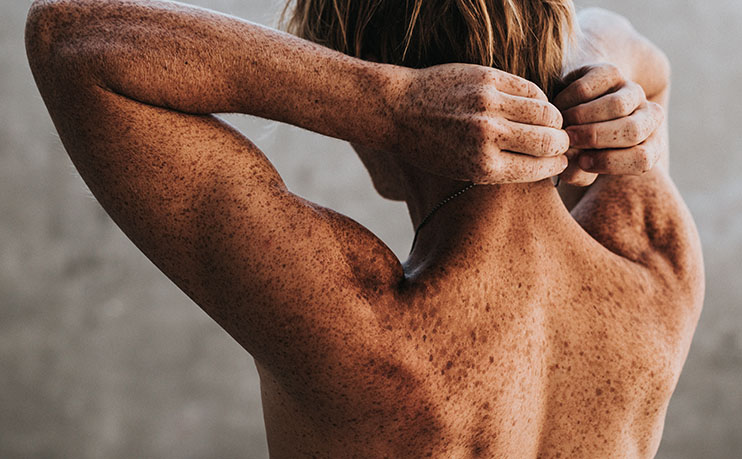
As you may not know UV damages can cause damage to the cellular level to the DNA of the skin-damaging cell natural function. Cells in the stratum basale level that is stem cell level can be permanent damage. Stem cell duplicates itself renewing new cell for our skin, new cell move up the skin layer. When this core function is not working properly and producing unwanted skin cell as its DNA is damaged.
This can cause known or unknown damages to our skin. Collagen and elasticity are burnt, damage and weaken, ageing your skin causing premature ageing. Skin will become saggy, wrinkles and dry. Hence sun protection is virtual.
Stress
Stress can do a lot of damage to your skin. Not everyone is the same; some people will have breakout other may cause dry skin, loss collagen and increase wrinkles. When you are stress cortisol is released into the blood system increasing sugar level causing damages to your skin.
When stress starts and increases cortisol increases, it is released to manage your stress.
Cortisol is naturally in your body but at a control level when you are exposed to a high level of stress continuously cortisol will cause more harm not only to your body but your skin. Cortisol is known to dry your skin out through decreasing the level of hyaluronic acid production in your body. Hence water retention on your skin reduces, and skin looks dry and dull.

Other can develop acne or hive and other skin problems.
Another damaging compound is glycation. Glycation is a sugar-protein. It is produced during stress destroying collagen, making your skin wrinkle and sage.
Incompatible cosmetic
As we all know using the wrong skin care product either does nothing for your skin or can cause problems with your skin. It can cause an allergic reaction, to burning the skin and even dry your skin out.
Topical acne creams that contain ingredients like retinoid or benzoyl peroxide dry out your skin. These products can help with acne prone skin and is known to do wonders. However, when your skin becomes too sensitive, that is skin is irritated, constantly red and peeling causing chronic inflammation it best not to use this product because it is doing the opposite of what you want, causing more harm than good. Your skin will age faster than it should.
There is a lot of chemical in the cosmetic world that we don’t know the true side effect of it. Also because we all are not exactly the same in our skin composition chemicals resistance and acceptance from one person to another differ. Hence when you notice something not right stop using the product and try something else. Be aware of your body and work out what it is telling you.
Combating Dry skin
Dry skin can be caused by one or a combination of those reasons. Hence when combating dry skin it is important to look at your life as a holistic view. Is there stress in your life? are you eating habit serving your body and skin? Are you happy?
This question may be silly to you but the core of health is mental and physical health. More and more studies have proven that state on mind affects personal health and wellbeing. Knowing that let investigate what diet, habits and action you can take to help reverse and combat those dry skin.
Diet for dry skin
Diet is an important aspect of your overall health as it can give your skin the vital vitamin minerals, oils and fats your body need. Like it or not fats are essential to your skin. As our skin is composed of unsaturated fats and cholesterol and other elements. An ingredient like omega 3 or 6 that are not produced by the body we need to consume it.

This fatty acid is especially omega-3 as there are studies that show we consume too much of omega 6. Too much of anything is not good for our skin health and body health. It has proved to cause obesity. Deficiency in omega-3 has been known to cause dry skin. Omega-3 is found in fish and avocado, linseed or nut and seeds.
A good diet has to contain a lot of colourful fruits and vegetables like carrot, tomato, sweet potatoes, spinach, broccoli, kale and many more. Colourful food contains carotenoids like beta-carotene which is a form of vitamin A. This substance helps the skin protect itself from the sun harmful ray. It is our natural sunblock.

Not only that fruit and vegetables have zinc, vitamin E and C our antioxidant friends which help us repair our skin and attack those free radical that age and damage our skin. Vitamin C deficiency causes dry skin and is one of the compounds that helps our body build collagen.
Others we should mention are seeds and nuts has oils and good fats that our skins need like walnuts rich in omega 3 and 6, zinc vitamin E and C, most of the element in aiding your skin health.
And lastly dark chocolate. Dark chocolate is an antioxidant. A study has shown consuming chocolate regularly has improved on skin hydration. Participant consumes dark chocolate each day for a 6-12 week has resulted in thicker, smoother, less sensitive to the sun and more hydrated skin.

The best Dark chocolate is when there is 70% cocoa. You can consume a higher percentage, but it may be too bitter for your taste bud.
Except for dark chocolate as processed food, the key to a good diet is consuming whole food in its variety. Incorporate as much different colourful food as you can as each has its special power that we may know or not know about.
Scientists are still discovering new antioxidant or powerful element in our foods. Anything that fights free radical and sun UV is perfect for our health as well as skin health. When the body is unbalanced, it will show up on your skin. Be aware of your health.
Lifestyle improvement to reduce dry skin
Stress
Stress is a significant factor in poor skin condition. As our body is in the fight or flight mode, it neglects all other components of our body function which mean our skin. Hence it is essential to learn how to de-stress. This can be joining the gym to do regular exercise or start mediation every day.
Both these activity has shown to do wonders your not only your body but your mental health (including stress). If the gym activity is not suited to your current state of health, try going out to nature or just walking.

See more activities to destress on our articles – 10 ways to destress or natural living de-stress activities.
Humidifier
There are daily activities or habits we can incorporate to help with our dry skin. In Australia the weather is dry and hot; it is not a good combination for the skin. Winter can be especially harsh on dry skin as the heat is not there to encourage sweating and oils to coat your skin. Using a humidifier in winter, setting it to around 60%, a level that should be sufficient to replenish the top layer of the skin during the evening should be enough.
Bathing routine and habits
Shower and bath should be limited to 5-10mins daily especially in winter or dry, hot climate. If you bathe more than that, it is more like you will strip away much of the skin’s oily and moisture on your top layer. Use lukewarm not hot water, which can wash away natural oils and dry your skin.
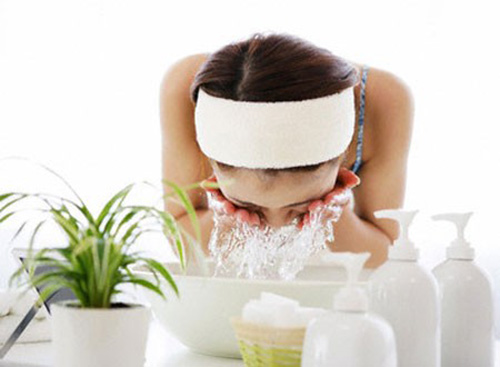
Minimise soaps usage if you have to choose a moisturising soap like Dove, Olay or a soap-free cleanser like Cetaphil, Oilatum-AD and Aquanil. Avoid perfumed soap, deodorant soap or product containing alcohol which will strip away the natural oils on your skin.
Because your skin is dry and in most causes, flaky and little sensitive, do not use harsh scrub, sponges or washcloths. Striping and the outer layer weaken its protective mechanism. Try to use softer gentler exfoliator tools. Pat or blot (and don’t rub) the skin when towelling dry.
Immediately apply moisturiser after shower, bathing or washing your hands. This helps bind the cells on your skin sealing in moisture while your skin is still damp.
Use thick cream, balm or vaseline on dry patches, massage it into your skin until it is dissolved and does not feel greasy.
Please don’t scratch when your skin is dry and itchy. Use an ice patch or put moisturiser on the itching spot.
Depending on how sensitive your skin is avoided fragrance laundry and fabric softeners.
Please be mindful when incorporating these suggestions on how dry and sensitive your skin is. The severity your skin condition will dictate your level of incorporation of this suggestion.
Skin care
Skin care is a tricky business since there is a lot of products out there and every skin composition is slightly different. It is not practical to suggest what is exactly perfect for your skin as there is too much product out there.
Also, each skin is different even if it classified as dry out skin composition is slightly different from others. This is more general in nature not specific to an individual. It is a guide and suggestion for what to look for in your choice of products and suggested action. Hence take this information with your own skin dryness in mind.
Skincare is fantastic in that it can give your immediate relief from dry skin. In most cases where the skincare gives permanent result is base on your overall habit. That is from what you eat to your activities (exercise or meditate or movement) to stress from work or family or state of mind. Everything works holistically.
Skin care products
Oils

As mention oils or lack of a particular combination of fats can cause dry skin. When your skin is dry oleic acid is not necessary abundance in our skin surface. Oleic acid gives that glaze rich, thick layer that dry skin needs to stop water from escaping or even Eczema and psoriasis affected skin.
It is very moisturising, cell regeneration and is an anti-inflammable. Oils rich in oleic acid closely resemble our skin’s natural sebum, making them perfect skin care oils. This fatty acid thickness in its consistency allows it to last longer on the surface of our skin, not quick to absorb, perfect for dry skin. These oils are:
- Olive Oil – approx. 78% oleic acid
- Avocado oil – approx. 75-80% oleic acid
- Camellia Seed Oil – approx. 77 – 83% oleic acid
- Hazelnut Oil – Approx. – 73% oleic acid
- Argan Oil – approx. 43% oleic acid
- Apricot Kernel Oil – approx 64% oleic acid
- Sweet Almond Oil – approx. 61% oleic acid
There are many more, please do a little research if you want to incorporate other specific oils to your skin routine.
Humectant
Another essential product that cosmeticians call humectant product. These products help the skin retain water. Humectants are perfect for dry skin and ageing skin. It holds in moisture and can give moisture on the surface of your skin. Plumping up the skin giving it a youthful glow.
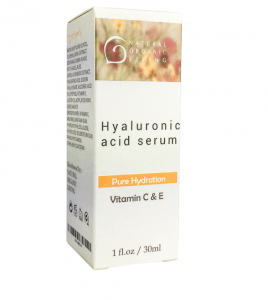 Natural humectant products like hyaluronic acid which can hold 1000 time its weight in water, others are aloe vera, honey and glycerin (glycerine and glycerol). These natural products can attract water to the surface as well as the lower skin layer. These humectants also give nutrition to the skin and hydrate skin on a regular basis.
Natural humectant products like hyaluronic acid which can hold 1000 time its weight in water, others are aloe vera, honey and glycerin (glycerine and glycerol). These natural products can attract water to the surface as well as the lower skin layer. These humectants also give nutrition to the skin and hydrate skin on a regular basis.
There has been some concern over hyaluronic acid drawing out water from the lower layer of the skin, But this has been discussed in our other article. With the current advancement of beauty technology and information in this product, see how this issue is combated. Please read this article for further understanding of this product. There is a fascinating fact about it that you should know before you decide to use it. It is a fantastic product if you understand it and know what to look for.
Synthetic humectant products are propylene glycol, Polyethylene glycols (PEGs), silicones and Urea. The downside to synthetic humectant is initially your skin is hydrated, but as time pass the product will draw water for the lower layer of the skin leaving the skin dry unless you are in a humid area. Many manufacturers would use this item because the product is cheap with no nutritional value to it.
When you use a humectant, it is essential that you follow by an occlusive product or purchase a product with both of these ingredients in one.
Vitamin C
Vitamin C does wonder to your skin Dry skin. As mention as time pass, water and sebum reduce in ageing skin or genetic skin. Studies have found that in the stratum corneum skin layer the use of vitamin C increase the production of lipids barrier (lipids – wax, cholesterol, squalene and fatty acid). Which mean Vitamin C increase sebum a layer of oil and fat to lock in moisture.
Ageing skin vitamin C antioxidant properties are good to fight free radical, preventing skin damages, boost collagen, improve skin hydration, reducing or preventing sign of ageing. It penetrates deep into the skin layer to give nutrition to the epidermal cells.
There is a range of different vitamin C with a different concentration level of vitamin C. It depends on your skin sensitivity. But generally dry skin is sensitive so a 5-10% concentration of vitamin C should be good. Please keep in mind higher concentration does not necessarily mean it good for your skin if you are using a 10-20%. High concentration vitamin C, which results in burning and irritating your skin will do more harm than good. Use products with your skin in mind; the benefit will come.
If you are unsure, always start with a lower percentage of vitamin C and work your way up.
Occlusive
For dry skin occlusive product or ingredient, help your skin barrier lock in moisture. Occlusive products help the Horney layer by aiding the protective seal on the top of our skin. It helps prevent losses of water through the skin surface and soften the rough and ease irritated skin.
Natural occlusion product or ingredient is beeswax, vegetable waxes, plant oils (oils mention above)and butter, allantoin(usually extracted from plants) and Lecithin. Lecithin is a fat found in the cell of our body. You can find these in substance in soybeans, chickpeas and egg yolk.
Other synthetic occlusions product is petrolatum or petroleum jelly and mineral oil and dimethicone or silicones.
When you look for a moisturiser, you should look for some of these items on its ingredients list. It is a must for dry skin.
General routine for your dry skin
Body
Depending on how dry your skin is don’t use harsh scrub. Use a gentle soap-free, fragrance-free moisturising body soap, e.g. Dove. If your skin is very dehydrated and its winter you can skip the soap and use water to clean your skin or use soap or body wash on the area that you sweat like armpit.
After a shower or bath put on a cream moisturiser with occlusive and humectant ingredient. Look for those ingredients mention above. Personally, for my dry feet and legs, I mixed balm like products and cream (two occlusive product) to lock down moisture especially in winter for my night time routine. It does wonders.
Face
Depending on the time of the day cleanse your face accordingly. At night if you put makeup on your can double cleanse. In the morning you can either cleanse with warm water or use a light cleanser. It depends on how dry your skin is. Cleansing too much as mention strip your skin from its natural oils and leave your skin dry open to other damages.
With double cleanse you can use an oil cleanser first to remove makeup. The use a gentle cleanser to remove access oils or residual from the first cleanse.
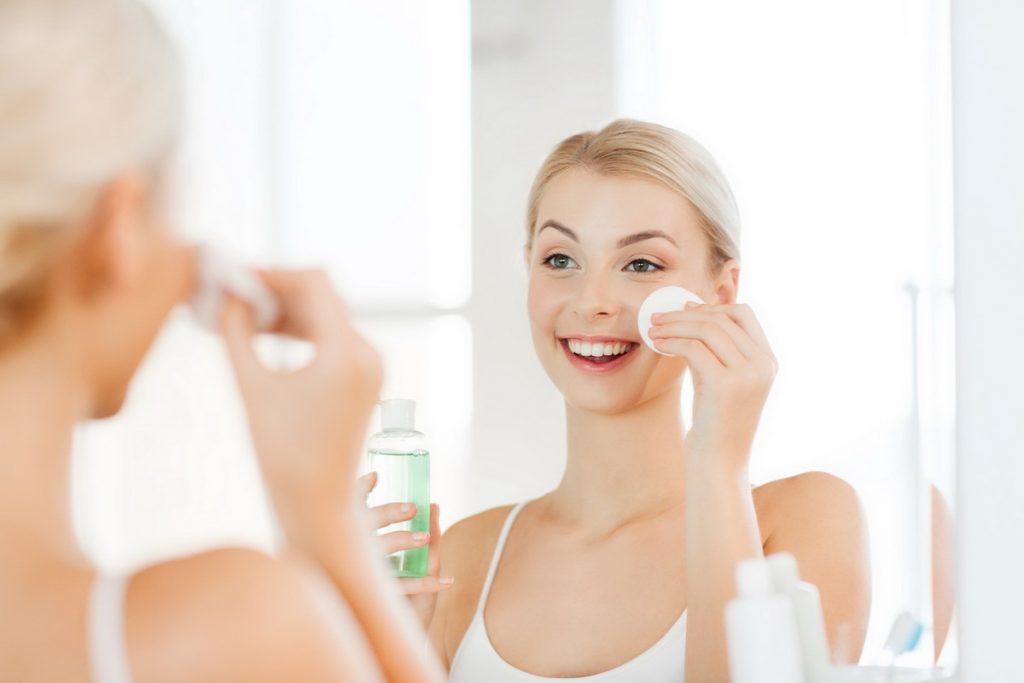 If you would like to use toner don’t use a toner with alcohol in it. Use a non-alcohol toner like rose water.
If you would like to use toner don’t use a toner with alcohol in it. Use a non-alcohol toner like rose water.
You can use a serum like a vitamin C or E, oils or hyaluronic acid serum or any other product serum according to your need and want. Next, you can put a moisturiser in the morning or night cream at night.
For dryer skin, you can put an extra layer before your night or day cream. You can add an all-purpose balm or similar (with a more waxy consistency) on the dry area of your body, face or all over your face and body. By doing this you add an extra layer of protection on your skin, holding moisture, adding on extra goodness. Plus applying during the day can add a wanted shiny and glow to dry skin.
On lazy days you can use a sleeping mask. And on better days you can add a hydrating or nourishing mask before your night routine after cleansing.
Exfoliation
With exfoliation or scrub, it is essential to exfoliate your skin no matter what type of skin you have. Exfoliate help remove dry, flaky skin as well as alway skin topical product to be absorbed into your skin.
With dry skin using a gentle physical exfoliation is perfect for your skin type, if not you can use a microfibre hand towel or washcloths to scrub your face and body gently. It is recommended to exfoliate 1-3 time a week. Please don’t over exfoliate as it can cause skin irritation damaging your skin. If you are unsure, exfoliate once a week then increase to see the effect.
Masks
With masks, there are some recipes you can use to hydrate your skin all in the comfort of your own home with ingredients you have at on your groceries list. Click on the link to get the receipt for your skin type and well as receipts for your different needs
The most important thing about skin is paying attention to yourself, your skin needs, your body health and mental health. When you are within your negative self or stress, and in the fight and flight mode it has an effect on all aspect on your physical health which includes your skin.
Please know that if you have no control over the situation the only control you have is on you, what you focus on and what you do to make you feel happy and healthy. Use this mentality and your body, and skin will benefit from it.



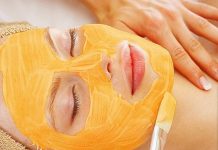
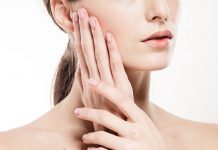
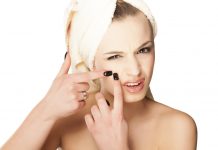
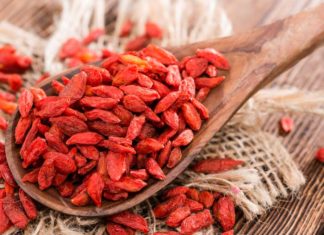







MY SKIN IS VERY DRY AND ITCHING MY FACE MY AGE 38 YEARS
Hi, It is hard to help you with your specific problem as many factors that can contribute to your dry, itchy skin. It can be the product you use or your daily habits, stress and diet. At your age, usually, your skin will become drier as the skin has lost some of its’ ability to retain water, collagen, elasticity, etc. Follow the suggestion on this article to help preserve the skin moisture as well as help with the itching. I also suggest you use a good hydrating mask or even oatmeal and yoghurt mask(at-home mask). Oatmeal is good at soothing your skin irritation, as well as hydration and yoghurt, are perfect for hydration. For extremely dry skin, please using hyaluronic acid with a good moisturiser on top. I would add a little vaseline or balm-like texture product on top of your moisturiser to prevent water loss and retain moisture. Diet plays a lot on your skin health, try getting the right food and drink plenty of water. We have a lot of articles on food for your skin health and beauty. Feel free to read them. Also, stress does play an import part in your skin health. So look after yourself by eating the right destressing food (we have articles on this) as well as exercise, meditation, etc to help your stress( we also have an article on this) to manage your stress. Try these things your skin should improve. I don’t know the extent of your situation, but if it is unmanageable, please see your doctor for help. Your health is in your hand, look after yourself, be happier, and everything will be in place.